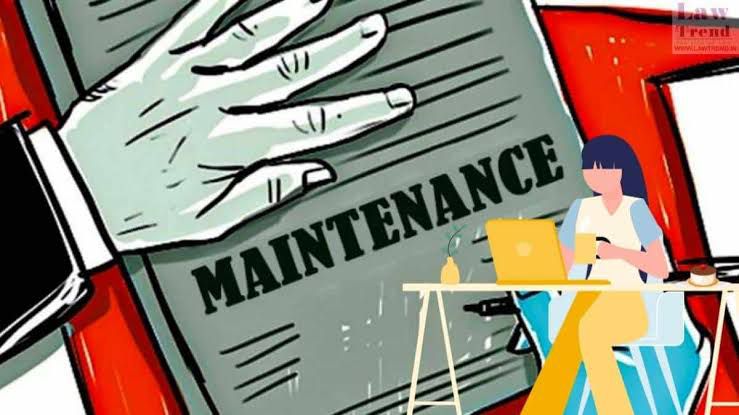Title: Sandeep Kumrawat v. Smt Antima Kumrawat
Citation: CRIMINAL REVISION No. 825 of 2020
Decided on: 19.10.2023
Coram: Justice Prem Narayan Singh
Introduction
A recent decision by the Madhya Pradesh High Court determined that If the husband possesses the ability to generate income, he remains responsible for providing maintenance to his wife and children, regardless of whether he has lost his job. Additionally, Justice Prem Narayan Singh emphasized that a financially disadvantaged wife, unable to support herself, should not be unfairly treated solely on the basis of her actions. In cases involving maintenance, a highly technical approach should not be employed.
Facts of the case
The petitioner has initiated the current legal action under Section 19(4) of the Family Court Act in conjunction with Section 397/401 of the Criminal Procedure Code (CrPC). This matter was brought before Justice Prem Narayan Singh’s bench and involves a challenge to the decision rendered by the Family Court. The Family Court had rejected the petitioner’s request, made under Section 127 of the CrPC, to reduce the maintenance amount awarded to the respondent (wife) and her son, which stood at Rs. 7,000/- and Rs. 3,000/-, respectively. The background of the case involves the marriage of the petitioner and the respondent (wife). Due to certain disputes that arose between them, the respondent left her marital home and began residing separately. Subsequently, the respondent filed an application under Section 125 of the CrPC against the petitioner, and the Principal Judge granted the said application, ordering the payment of maintenance in the amounts of Rs. 7,000/- to the respondent and Rs. 3,000/- to her son as interim maintenance.
Court’s observation and analysis
The High Court emphasized that a destitute wife who cannot support herself should not be unfairly treated solely based on her faults. In cases related to maintenance, an overly technical approach should not be taken. Therefore, the petitioner cannot avoid the responsibility of providing maintenance to his child and wife by claiming that they made errors in their statements and proceedings in the case.
The Court referred to the Sunita Kachwaha & Ors., where the Supreme Court had highlighted that proceedings under Section 125 of the CrPC are of a summary nature and do not require a detailed examination of the intricacies of a marital dispute between a husband and wife. It was noted that determining fault and the extent of fault is irrelevant in an application under Section 125 of the CrPC.
The bench noted that the respondent had clearly stated in her previous statement during examination in chief that she was not employed and had no source of income. She also mentioned that she lacked the means to support her child and depended on her father. This statement was not contradicted during her cross-examination. Therefore, even if she holds an M.Phil degree, it does not disqualify her from receiving maintenance from her husband, as it cannot be solely based on her having an M.Phil degree.
“PRIME LEGAL is a full-service law firm that has won a National Award and has more than 20 years of experience in an array of sectors and practice areas. Prime legal fall into a category of best law firm, best lawyer, best family lawyer, best divorce lawyer, best divorce law firm, best criminal lawyer, best criminal law firm, best consumer lawyer, best civil lawyer.”
Written by- Amrita Rout


